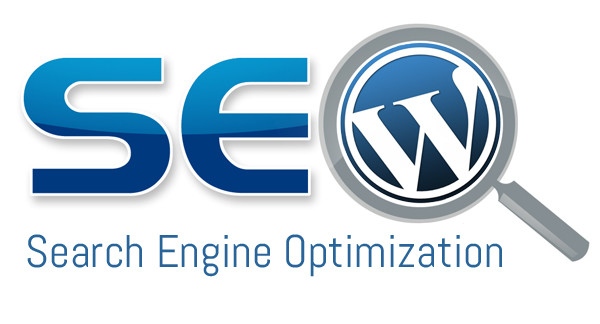In the dynamic landscape of the digital world, having a strong online presence is crucial for businesses and individuals alike. WordPress, with its user-friendly interface and powerful features, has become the go-to platform for building websites. However, creating a website is just the first step; the real challenge lies in ensuring that your website is easily discoverable by search engines. This is where Search engine optimization WordPress(SEO) comes into play. In this comprehensive guide, we’ll explore the ins and outs of SEO for WordPress, helping you unlock the full potential of your website.
- Understanding SEO Basics: Before diving into the intricacies of WordPress SEO, it’s essential to grasp the fundamentals of SEO. This includes the importance of keywords, meta tags, and the overall structure of a search engine-friendly website. Learn about on-page and off-page SEO techniques and how they can impact your site’s ranking on search engine results pages (SERPs).
- Choosing the Right WordPress SEO Plugins: WordPress offers a plethora of plugins designed to enhance the SEO capabilities of your site. Yoast SEO and All in One SEO Pack are two popular choices. Explore their features and understand how they can assist you in optimizing your content, meta descriptions, and overall website performance.
- Optimizing Content for SEO: Content is king, and creating high-quality, relevant content is a key factor in SEO success. Learn how to conduct keyword research to identify the terms your audience is searching for and incorporate them strategically into your content. Explore the importance of creating compelling titles, headings, and meta descriptions that not only appeal to search engines but also engage your readers.
- Enhancing Website Speed and Performance: Google and other search engines prioritize fast-loading websites. Slow websites can result in higher bounce rates and lower search rankings. Discover strategies for optimizing your WordPress site’s speed, including image optimization, caching, and choosing the right hosting provider.
- Mobile Optimization: With the increasing use of smartphones, mobile optimization has become a crucial aspect of SEO. Understand how to ensure your WordPress site is mobile-friendly, responsive, and provides an excellent user experience across different devices.
- Building Quality Backlinks: Backlinks remain a significant factor in search engine algorithms. Learn how to build high-quality backlinks by networking, guest posting, and creating shareable content. Avoid black hat SEO practices that could harm your site’s reputation.
- Monitoring and Analyzing Performance: Regularly monitoring your website’s performance is essential for ongoing SEO success. Utilize tools like Google Analytics to track key metrics, including organic traffic, bounce rates, and keyword rankings. Analyzing this data will help you identify areas for improvement and refine your SEO strategy over time.
